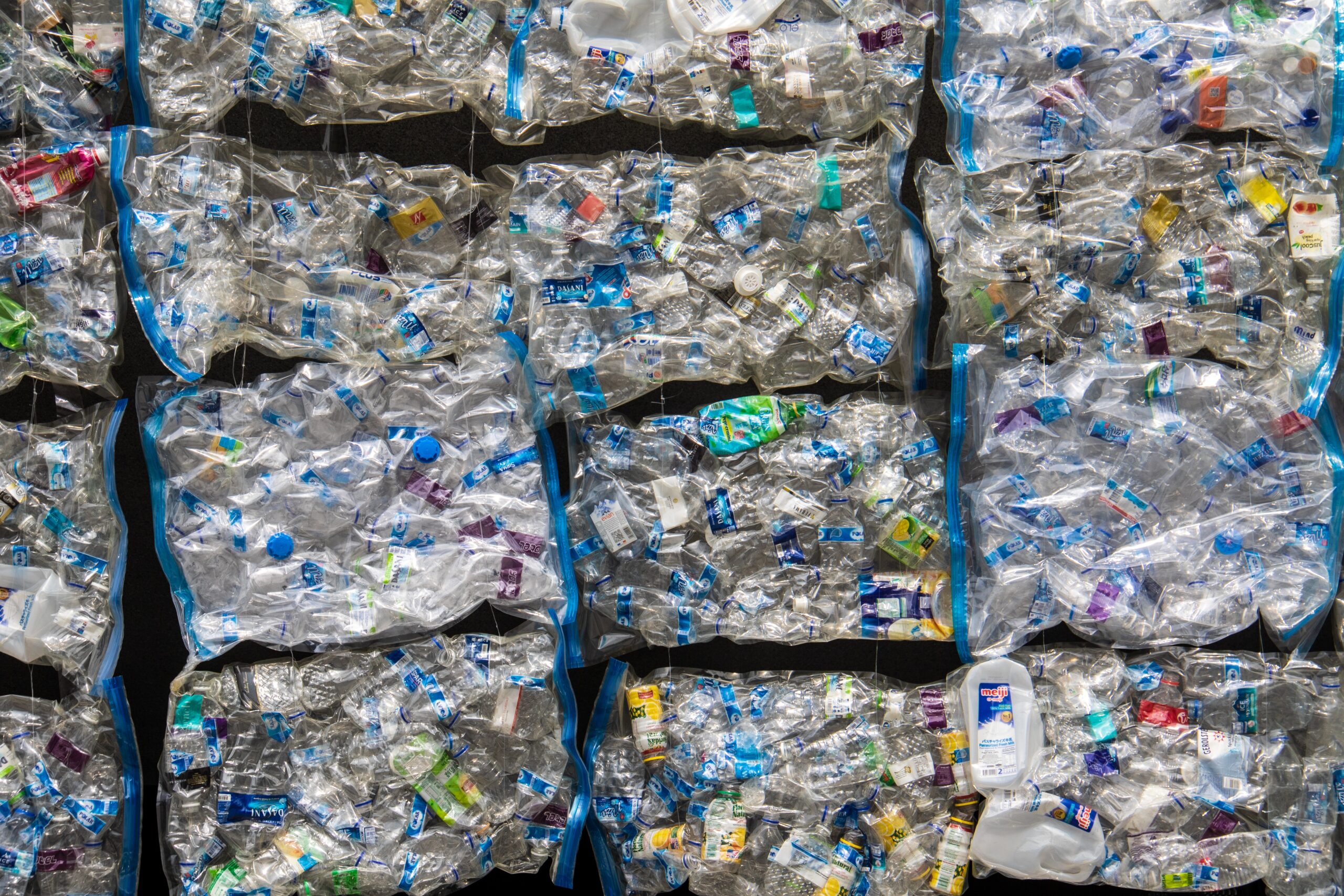Turtle Island Restoration Network joined numerous organizations in sending a letter to the Senate Committee on Finance and House Committee on Ways and Means to show support for the REDUCE Act.
The Rewarding Efforts to Decrease Unrecycled Contaminants in Ecosystems (REDUCE) Act, would impose a 20-cent per pound fee on the sale of new, or “virgin”, plastic used for single-use products. The bill would incentivize recycling, help end excess plastic waste, and hold the plastics industry accountable.
“Our markets are flooded with artificially cheap virgin plastic, and it’s clear that it’s become a habit our economy can’t break on its own,” the groups state in the letter. “We need action now to fix our reliance on virgin plastic, and that begins with a fee on virgin plastic resin used for single-use products.”
The REDUCE Act would:
- Establish an excise tax on virgin plastic resin, the base material that makes up plastics. Manufacturers, producers, and importers of virgin plastic resins would pay $0.10 per pound in 2022, increasing gradually up to $0.20 per pound in 2024. This fee would apply to virgin plastic used to make single-use products, including plastic packaging, beverage containers, bags, and food service products. Exported virgin plastic resin and post-consumer recycled resin would be exempt.
- Provide rebates for certain products. Companies that use virgin plastic to make medical products, containers or packaging for medicines, personal hygiene products, and any packaging used for the shipment of hazardous materials would not have to pay the fee and could qualify for a full rebate for any fees paid on the plastic they use for such products. Virgin plastic used to make non-single-use products would also qualify for this rebate.
- Establish a Plastic Waste Reduction Fund. The bill would direct revenue from the virgin plastic fee into a Plastic Waste Reduction Fund. Funds would be available to carry out plastic waste reduction and recycling activities, including making improvements to recycling infrastructure; to carry out marine debris reduction, detection, monitoring, and cleanup activities; and to address environmental justice and pollution impacts from the production of plastic.




